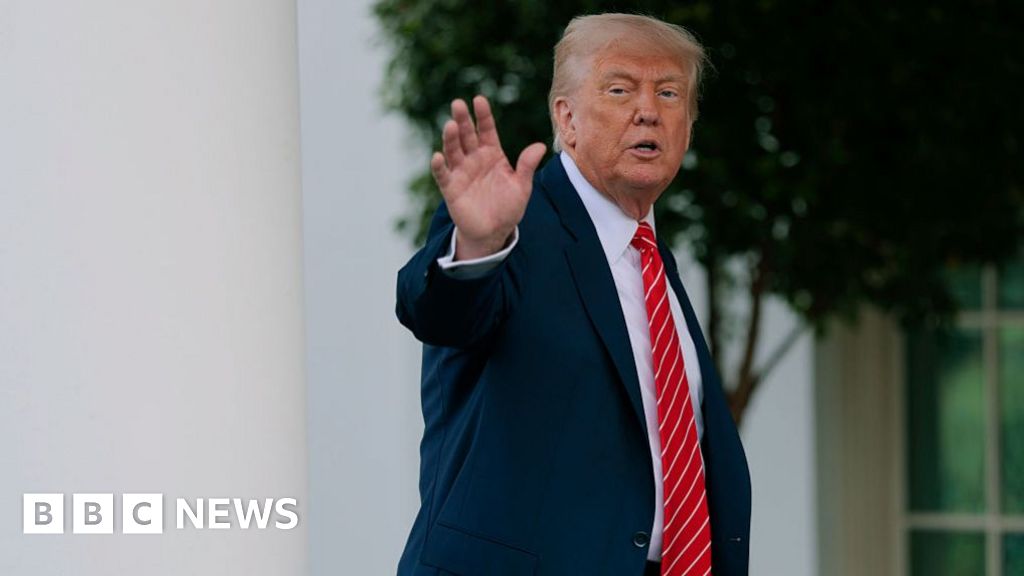
In a recently unveiled bilateral trade agreement between the United States and the United Kingdom, former U.S. President Donald Trump has signaled the kind of economic relationships he aims to cultivate on the global stage. The agreement, which marks a key development in post-Brexit trade relations, reflects a policy shift characterized by protectionism, bilateral negotiations, and a strong emphasis on American economic interests.
While specific terms of the pact have yet to be fully detailed, the agreement underscores mutual efforts to reduce tariffs, boost exports, and strengthen sector-specific cooperation—especially in areas such as agriculture, pharmaceuticals, and digital services. U.S. officials described the pact as a “win-win” arrangement that underscores the importance of maintaining close economic ties between the two longstanding allies.
Trade analysts view the agreement as emblematic of Trump’s ‘America First’ trade philosophy, which prioritizes unilateral negotiations and often challenges multilateral frameworks like the World Trade Organization. During his first administration, Trump renegotiated NAFTA—resulting in the USMCA—and withdrew the U.S. from the Trans-Pacific Partnership, signaling a clear preference for tailored agreements that highlight direct benefits for American industries.
The UK, eager to diversify its trade partners following Brexit, has welcomed the opportunity to forge stronger economic links with the U.S. British leaders have emphasized potential job growth and market access as key benefits of the pact.
Observers suggest this framework could serve as a template for future U.S. trade deals under any renewed Trump-led administration. By privileging direct, bilateral agreements over multilateral cooperation, the strategy may reshape global trade norms and require partner nations to recalibrate their negotiating approaches.
The pact is still subject to approval processes in both countries and could face scrutiny from lawmakers and trade watchdogs. Nonetheless, it offers an early indication of how Trump envisions reshaping international commerce in ways that reflect his distinctive political and economic worldview.
Source: https:// – Courtesy of the original publisher.








